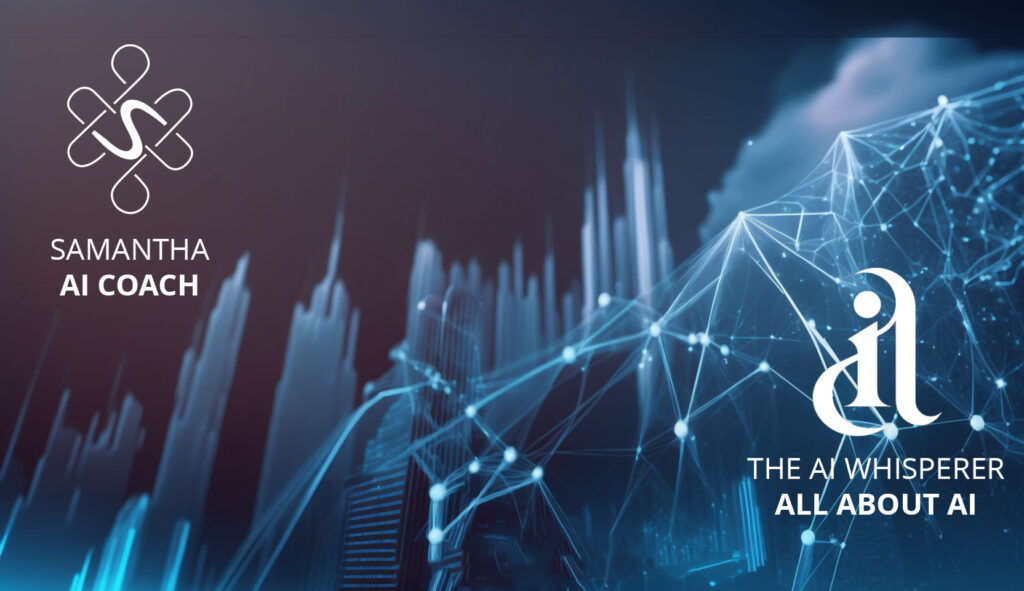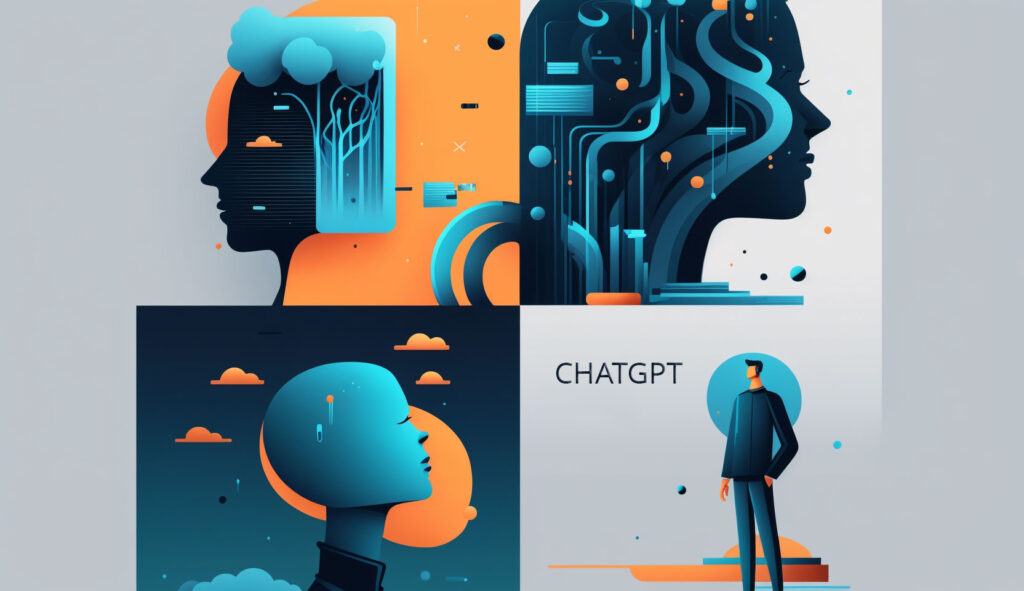The AI Challenge: Navigating the Ai Frontier
As we venture into the vast digital frontier of artificial intelligence, we must confront a critical question: how can we ensure the responsible development and deployment of AI technologies? The recent open letter urging a temporary halt to AI development beyond GPT-4 has ignited a much-needed conversation about the potential dangers of rogue AI.
To prevent artificial intelligence from slipping out of our grasp, we must forge a new path through the wilderness, guided by a compass of global collaboration, open-source development, and ethical guidelines. Below, we explore several strategies for taming the wild west of AI and preventing rogue AI from running amok.
The United Nations‘ Role: A Global Sheriff for AI Regulation
In the realm of AI development, we need a global sheriff to enforce the law and maintain order. Establishing a UN task force to create a cohesive set of AI-related regulations and laws could be the answer. Such a task force would bring much-needed attention to the issue of AI regulation and emphasize its importance on a worldwide scale, ensuring that AI advancements are closely monitored and guided by a regulatory framework.
International Collaboration: The AI Peacekeepers
To navigate the uncharted territory of AI, we must band together as a global community. International collaboration and open-source AI development can help us pool resources, knowledge, and expertise to develop AI systems that prioritize safety and ethical considerations. By encouraging cooperation and transparency among nations and researchers, we can create a collective force for good, steering clear of the pitfalls and perils of rogue AI development.
Ethical Principles and Human Oversight: The AI Code of Conduct
As we saddle up for the journey through the AI frontier, we need a moral compass to guide our way. Embedding ethical principles and human oversight into AI systems is essential for ensuring responsible AI development. Developers should adhere to ethical guidelines that prioritize human well-being, fairness, and transparency while minimizing potential harm.
Incorporating human oversight into AI systems ensures that AI-driven decisions are accountable and subject to review. By designing AI systems to provide clear explanations of their decision-making processes, we empower human operators to understand and evaluate AI decisions. Implementing human-AI collaboration models, where humans and AI work together, helps ensure that AI systems remain under our control and act in accordance with our values and goals.
The Road Ahead: Charting a Course Toward Responsible AI
The open letter calling for a pause in AI development has shone a spotlight on the need for a globally recognized regulatory authority to oversee AI advancements. By fostering international collaboration, open-source AI development, ethical guidelines, and human oversight, we can work together to harness the power of AI for the betterment of humanity, while minimizing the risk of rogue AI.
As we continue our journey through the AI frontier, let us be mindful of the potential dangers that lie ahead and remain steadfast in our commitment to responsible AI development.


